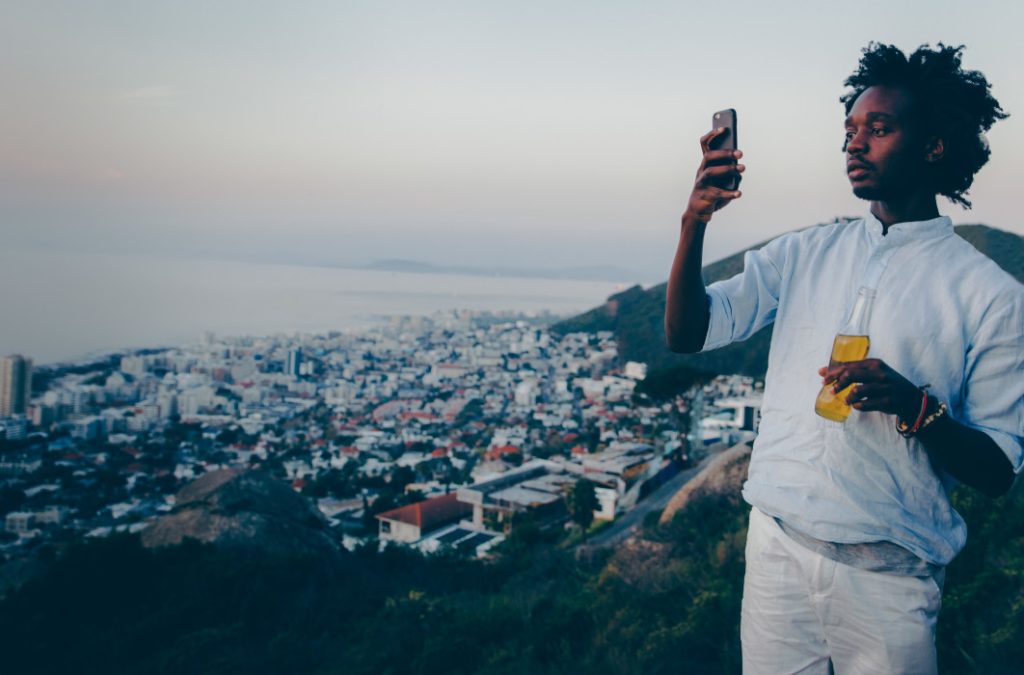
Was South Africa right to ban booze during the pandemic?
The government felt alcohol-based incidents took up too many healthcare resources.
South Africa ended its ‘national state of disaster’ in early April 2022, signalling an end to a spate of pandemic-related restrictions that were amongst the world’s most severe. Alongside curfews and bans on group gatherings, the country restricted the sale of alcohol for the best part of two years. On four separate occasions it banned the sale of booze entirely. (Many other countries also experimented with alcohol restrictions during the pandemic, but South Africa was particularly hot on the policy).
There have always been compelling reasons for states to want to lower or even eliminate their population’s alcohol consumption, but Covid dialled these up significantly. Boozing is bad for our health: it is a risk factor for many illnesses and it makes it more likely you’ll injure yourself (or someone else) making a bad - or uncoordinated - decision. Injuries and illnesses require healthcare resources, and during the pandemic hospital beds, staff time and medical equipment were even more in demand than normal. Many governments wanted to prioritise these resources for Covid patients - and one way to do that was to cut down on the number of 'avoidable' injuries, such as those caused by alcohol.
Alcohol also lowers our inhibitions and makes us more likely to engage in risky behaviour. During the pandemic, ‘risky behaviour’ was defined much more broadly than before to include meeting up with friends, being touchy-feely with people, or attending events. The government's logic was that less access to alcohol would mean less Covid rule-breaking. Additionally, long-term alcohol use is linked to things, like weight gain, which make people more likely to get seriously ill or die from Covid. As the coronavirus becomes endemic, tackling such risk factors may be one way for the world to collectively lower the disease's mortality rate.
Having clear reasons for a policy, however, is not the same thing as having a policy that is effective, or even accepted. Indeed, some people have argued that the alcohol bans employed by countries like South Africa were neither. The effectiveness question boils down to whether such rules actually stop people drinking. It’s a difficult question to answer, because it’s (unsurprisingly) hard to get reliable data on how many people are engaging in illegal activities. But what is known is that when a product that is in demand is made illegal, it provides an irresistible money-making opportunity for sellers willing to bend the law. And according to the chair of a business group for South African alcohol companies, the country had a thriving black market for booze even before the bans. (His data suggests it’s responsible for about 15 percent of alcohol sales.) When interviewed, most South Africans say they know many people who were easily circumnavigating the alcohol ban while it was in force.
Data from South Africa’s hospitals, however, paints a slightly different story. There were big reductions in alcohol-related patient admissions while bans were in place, and big jumps when they were lifted. The expert who advises South Africa’s Medical Research Council reckons that during alcohol bans hospitals received 5,000 fewer alcohol-caused trauma admissions every week. Some people may see this as evidence that alcohol bans are a good thing even outside of pandemics. But others will point out that just as the policy had benefits, it also had costs.
For one thing, the policy was financially disastrous for the thousands of South Africans whose livelihoods are tied up with alcohol production, distribution, and sales. In 2016, the South African alcohol industry employed 90,000 people directly and another 500,000 indirectly (e.g. the people who work for suppliers to alcohol companies). Threatening employment is particularly impactful in a country where job opportunities are scarce - in 2021 South Africa had the highest unemployment rate in the world.
Beyond this, a lot of people - and a lot of economists - simply dislike governments dictating what people can buy and sell. Many economists believe interfering in free markets in this way is inefficient (i.e. it makes everyone worse off). Many people just feel deeply uncomfortable with the idea that governments should tell them what to do, or decide that they must forgo a pleasure (as alcohol is for many people) because it will be ‘better’ for them in the long run. These feelings may run particularly deep in South Africa, because it is a place where alcohol laws have particularly toxic roots. One of the racist decrees of the Apartheid era placed limitations on when and where black people could drink alcohol.
Read our explainer on: regulation



